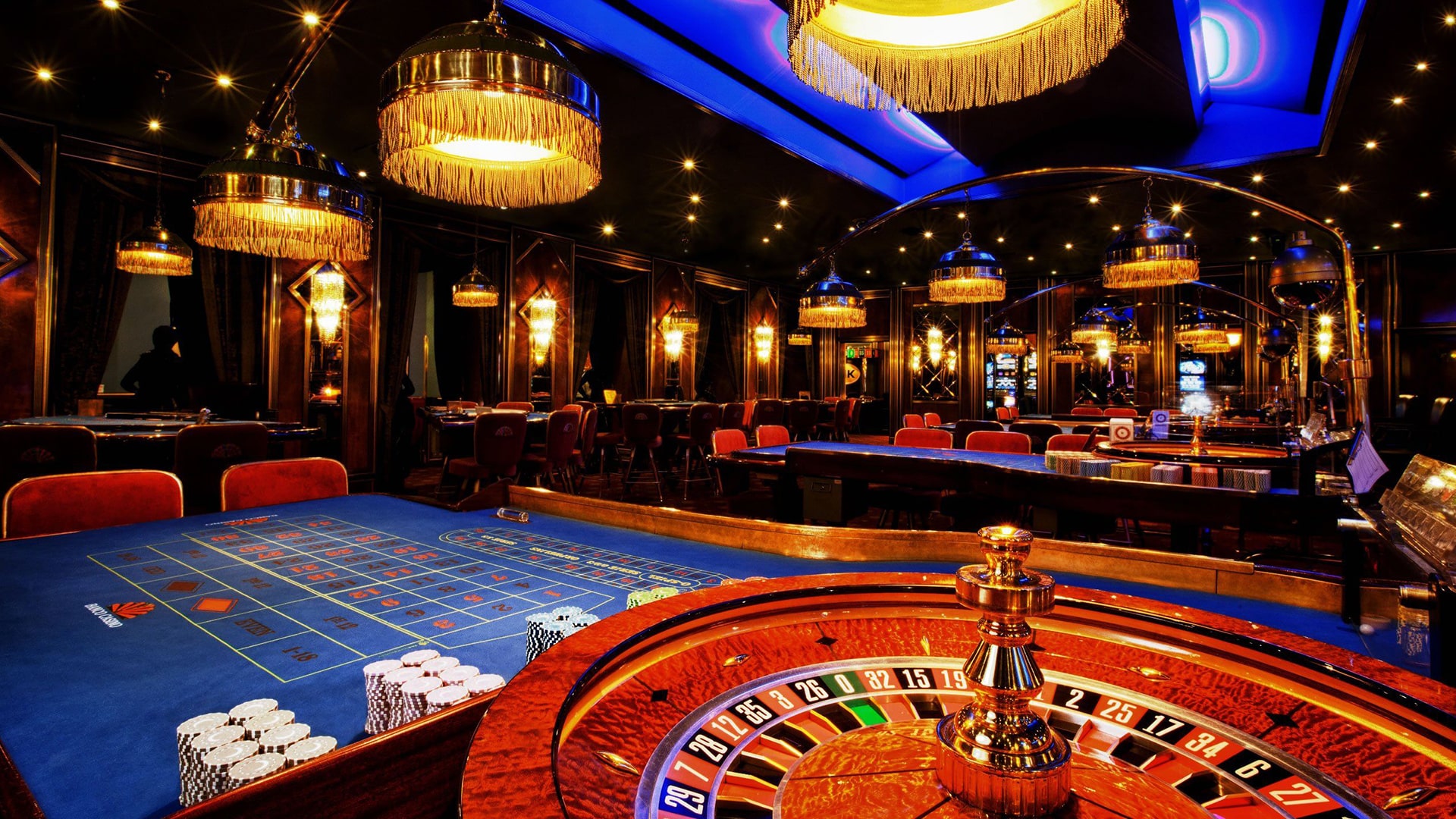The Role of Ability in Gambling Games: An In-Depth Examination
In the dynamic world of gambling, casino options have long seized the attention of participants around the globe. These options, ranging from timeless card options like blackjack to the rotating reels of slots, offer an intriguing mix of chance and strategy. While chance undeniably plays a important role in determining outcomes, the significance of skill in many gambling options cannot be neglected. https://rr88e2.com/ Comprehending how knowledge affects the game can enhance not only a gambler's engagement but also their chances of success.
As we delve deeper the dynamics of casino games, it becomes evident that some require a strong grounding of understanding and strategy. Activities like blackjack call for more than mere chance; they require analytical thinking, mental insight, and strategic decision-making. In contrast, other games, such as roulette and fruit machines, are primarily determined by chance, allowing gamblers to rely entirely on luck. This difference raises intriguing questions about what really drives victory in the domain of gambling and how a gambler's abilities can tilt the balance in their favor.
Grasping Expertise vs. Chance in Casino Games
In the realm of casino games, the discussion between skill and luck is a long-standing one. Many games are often divided into two categories: those that depend predominantly on chance, such as slot machines and the wheel, and those where skill plays a crucial role, like the game of poker and 21. The distinction is important because it influences not only gameplay strategies but also the approach players take when participating with these games. Although luck can play a decisive role in the immediate, skilled players can increase their odds of winning over the extended period in skill-based games.
Skill-based games, especially poker, necessitate players to understand probability, human behavior, and game strategies. A seasoned poker player can read opponents, make calculated bets, and understand when to fold, all of which can lead to greater favorable outcomes. Conversely, in games that are purely chance-driven, no amount of skill can alter the odds. This implies that while a player may win big in one session, their victory may often be subject to the whims of chance results rather than any tactical expertise.
Ultimately, both skill and luck coexist in the world of casino games, forming a vibrant environment for players. While games of chance can provide thrill and instant gratification, proficiency and strategy in skill-based games offer a deeper level of engagement for those prepared to invest time in refining their craft. This interplay between skill and luck defines the experiences of players and shapes their connection with the games they choose to play.
The Impact of Ability on Game Outcomes
In the field of casino games, skill plays a crucial role in determining the results, especially in activities where strategy and decision-making are paramount. For instance, in poker, competitors must assess opponents, calculate probabilities, and make calculated bets to enhance their chances of winning. Unlike games that depend purely on chance, such as slots or roulette, this game demands an understanding of both the game mechanics and the psychology of other players, making skill a vital component of victory.
Other skill-based activities, like the game of blackjack, also underscore the importance of player skill. Knowledge of basic strategy, card counting, and when to hit or stand can significantly influence the house edge. A skilled 21 player can lower this edge and improve their chances of winning significantly. This contrasts sharply with activities that do not allow for such tactical play, demonstrating how the level of expertise influences the possibility for positive results.
Additionally, even within games considered primarily luck-based, like the game of craps, the decisions made by gamblers can influence their overall performance. Choosing the right bets, comprehending the odds of different outcomes, and controlling one's bankroll are essential factors that can enhance a participant's experience and results. Thus, while luck remains a component in casino games, skill can substantially affect how effectively participants navigate these settings, leading to more favorable outcomes.

Approaches for Expert Play in Gaming Establishments
To thrive in casino games, players must develop a robust understanding of the regulations and odds involved in each game. This foundational knowledge enables individuals to make informed decisions, especially in skillful games like Texas Hold'em and blackjack. Familiarizing oneself with game tactics, such as keeping track of cards in 21 or recognizing wagering trends in poker, can significantly enhance a player’s chances of success. Practicing these tactics through mock games or low-risk games allows players to refine their skills without risking substantial amounts of money at stake.
Another key strategy is money management. Players should establish a budget before entering the gaming establishment and adhere to it strictly. This involves determining how much they are prepared to lose and imposing restrictions on how much they will wager in every gaming session. By keeping a regulated approach to gambling, players can sustain their play and reduce the risk of major losses. Additionally, taking time-outs can help maintain a clear mind and prevent rash decisions that often lead to bad gameplay.
In conclusion, emotional control is vital in the high-stakes environment of a casino. Players must learn to manage their emotions, particularly during times of winning or defeats streaks. Staying attentive and not allowing emotions dictate gameplay can lead to more logical decisions. Techniques such as taking deep breaths or walking away from the gaming table during heated moments can help maintain calmness. By cultivating a steady state of mind, players can approach casino games with confidence and expertise, ultimately improving their overall experience and results.
